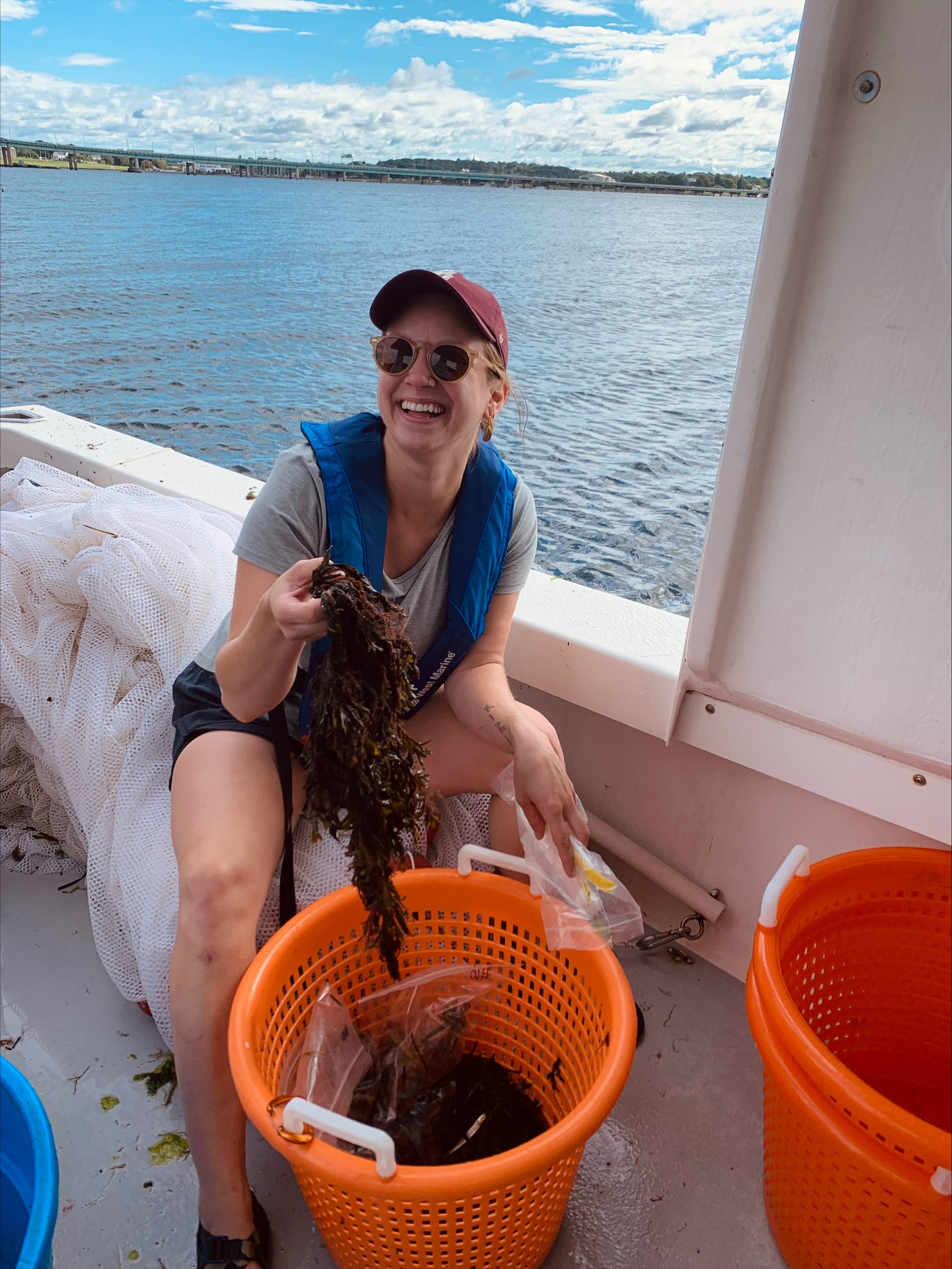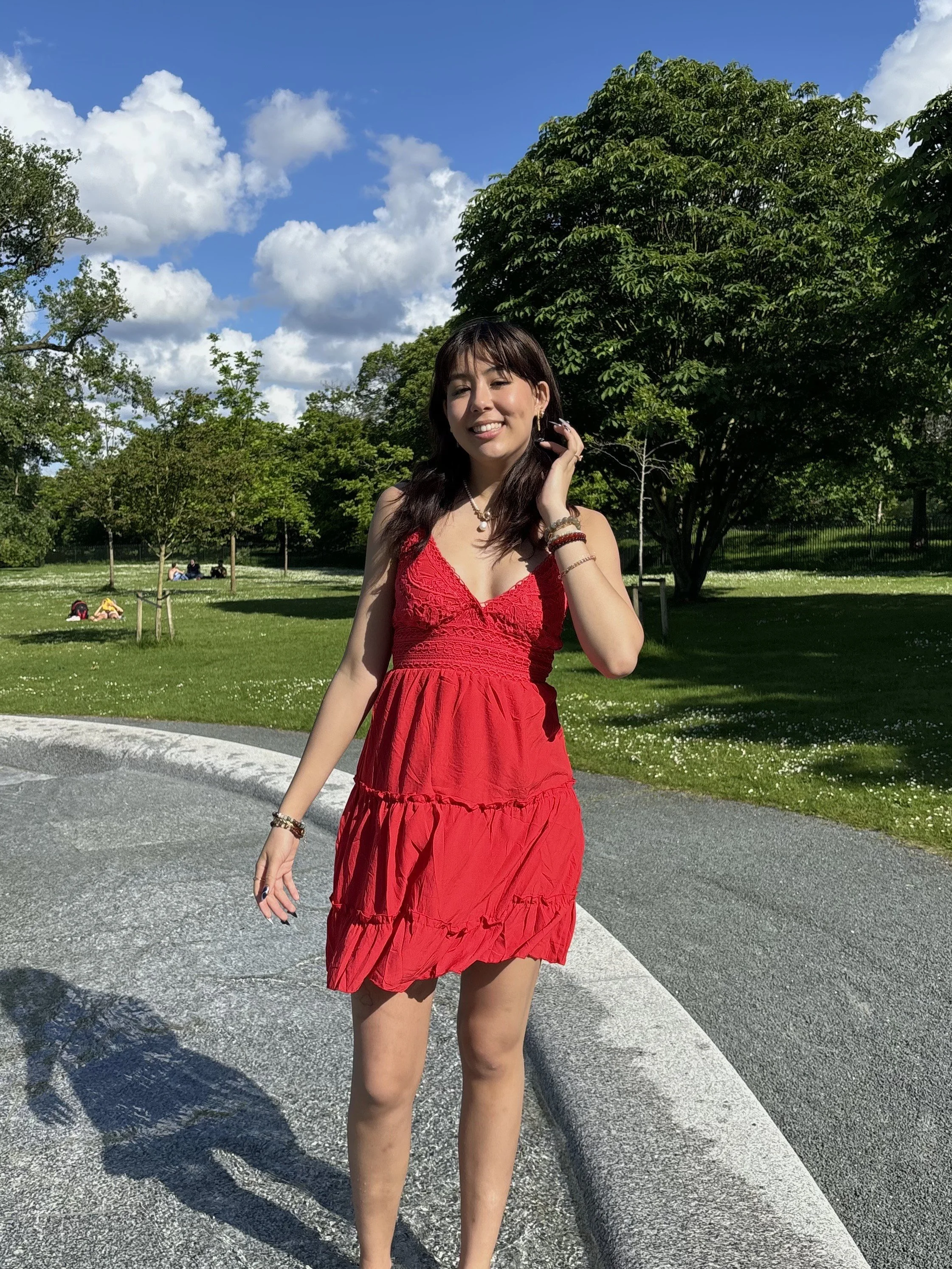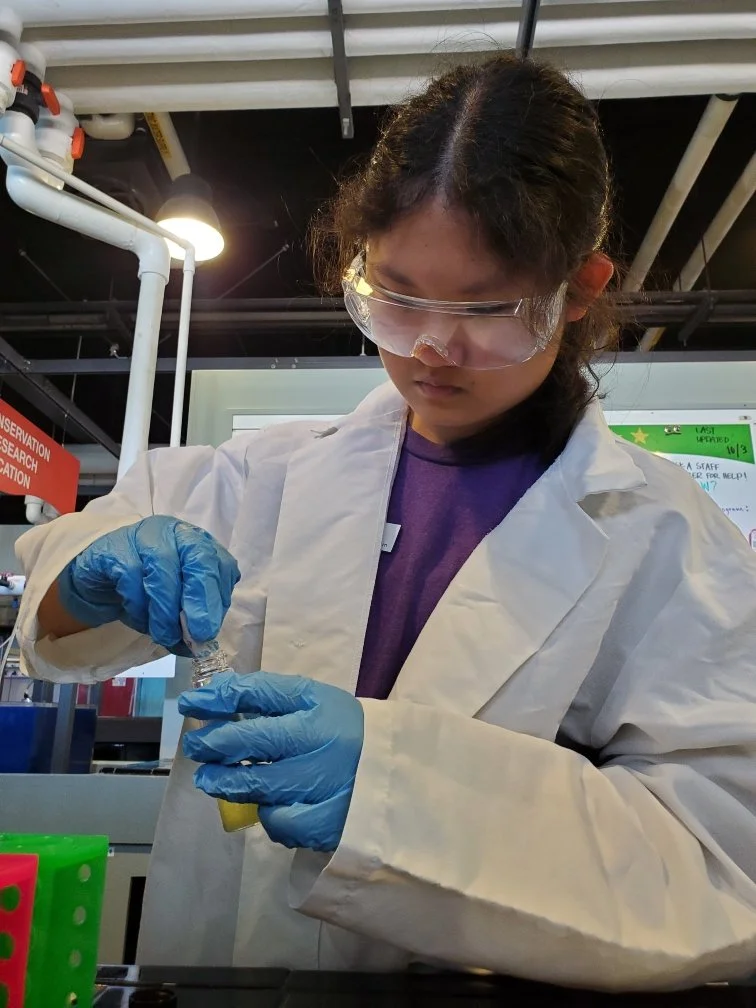Our Team
-

Ocean Adhikari
Ocean is a senior in the BU Marine Program. He has been working in the lab since he was a freshman. He has worked on everything from Si in macroalgae to deep sea sediment gas fluxes. His primary research focus is now on biogeochemical fluxes in sediments. Outside of class, Ocean is an avid member of the BU Cheese Club. He was born on Saipan, an Island of the Commonwealth of the Northern Mariana’s Islands, and has loved the ocean ever since.
-

Sawyer Balint
Sawyer graduated from Brown University with an Sc.B. in Environmental Science and recently finished a two-year appointment at the U.S. Environmental Protection Agency as an Oak Ridge Institute for Science and Education fellow, where he investigated the biogeochemical responses of estuaries to climate change and managed nitrogen reductions. Funded by the NSF Graduate Research Fellowship Program, Sawyer is working to measure benthic gas fluxes through the development of an in-situ underwater mass spectrometer. If you can’t find him in the lab, he's probably sailing in the North Atlantic with his family.
-

Drew Bouchie
Drew graduated from Boston University with a B.A. in Earth and Environmental Science and a minor in Marine Science in 2024. He grew up in Gloucester, Massachusetts with a deep love for the ocean and the ways that humans interact with it. Drew has previous experience researching bottlenose dolphins in the Mediterranean Sea and nature-based infrastructure solutions in East Boston. Now working as a research technician in the lab, he will research net nitrogen removal at natural and restored oyster reefs across the northeastern United States. Outside of the lab, Drew spends his time cooking, fishing, and exploring the North Shore of Massachusetts on his boat.
-

Lena Champlin
Lena is postdoctoral fellow, funded by the BU Society of Fellows program. She received her doctorate at the Academy of Natural Sciences of Drexel University in Philadelphia, where her dissertation examined estuarine water quality including eutrophication over decadal to millennial scales using biogeochemical proxies in sediment cores and historical shells. During her postdoc, her interdisciplinary research will investigate spatial and temporal patterns of C sequestration in salt marshes and apply her love of using art in science communication about urban marshes. You can learn more about her past and current research at her website.
-

Subhadeep Chowdhury
Subhadeep is a Boston University microbiome postdoctoral fellow, co-mentored by Prof. Daniel Segrè. He completed his Ph.D. in Oceanography at the Mediterranean Institute of Oceanography (MIO), Aix-Marseille Université, France. His doctoral research contributed to unraveling the intricate relationships between biogeochemical and physical factors shaping diazotroph activity and diversity in the Indian Ocean. During his postdoc, he will investigate the relationship between sediment microbial communities and their biogeochemical functions, with the aim of translating this knowledge into a predictive sediment metabolic model.
-
Penelope Clifford
Penelope is a third year undergraduate student at Boston University, studying marine science. She is from Cape Cod, Massachusetts, and has spent her whole life surrounded by the ocean. She participated in an internship this past summer with Barnstable Clean Water Coalition; she worked on public outreach and education regarding causation of estuary and sea water nitrification in her hometown, along with other projects. She is a new transfer student from UC Santa Cruz, and is therefore just getting started in the Fulweiler lab. She hopes to delve deeper into studying water nitrification and sea water biogeochemistry, and cannot wait to gain valuable lab experience!
-

Melissa Ederington Hagy
Mel received a B.S. in Biology from the University of Arkansas at Little Rock and a M.S. in Marine Science from the University of Maryland College Park. Her graduate research at the Chesapeake Biological Laboratory focused on the transfer of biomarkers in a marine food web. Upon graduation, she worked at the Virginia Institute of Marine Science where she was involved in research using biomarkers as indicators of organic matter in the Sacramento-San Joaquin River Delta. Most recently she was a research associate at the University of West Florida where she participated in projects measuring polycyclic aromatic hydrocarbons related to the Deepwater Horizon oil spill in the Gulf of Mexico. Melissa has extensive experience with a variety of analytical instruments such as Nutrient AutoAnalyzer, GC, GC/MS, and HPLC.
-

Alex Geisser
Alex is a Ph.D. candidate in Biology at Boston University. She earned her B.S. in Marine Science with a minor in Environmental Science from the University of New England in 2020. Her research, supported by RI Sea Grant and the Narragansett Bay Estuary Program, bridges microbial ecology, climate change, coastal biogeochemistry, and coupled ecosystem-human health. Her work is focused on the ecological roles of macroalgae in coastal environments, particularly their influence on nutrient cycling and carbon and nitrogen dynamics. In parallel, Alex studies how macroalgae may serve as environmental reservoirs for pathogenic Vibrio bacteria, especially in the context of climate change and anthropogenic impacts. Outside of the lab, she is also an artist. Through both scientific inquiry and creative expression, Alex is passionate about understanding and communicating the dynamic relationships between marine life, climate, and human health.
-

Lauren Lagasse
Lauren is a junior in the Sargent College of Health and Rehabilitation Sciences studying Health Science with a minor in Biology. She has a special interest in human impacts on the environment and has always loved the ocean and its organisms. Currently, she assists in research on biogeochemical fluxes on sediments. She has previous research experience studying psychedelic effects in therapy, but treasures the work she gets to do in the biogeochemical field. Outside of lab, Lauren is a member of Beta Psi Omega, BU’s pre-professional biology fraternity.
-
Cat Mahoney
Cat graduated from Maine Maritime Academy in 2021 with a B.S. in Oceanography. During her time at MMA, she completed a Research Experience for Undergraduates (REU) at the Bigelow Laboratory for Ocean Sciences, investigating alternative phosphorus sources for open ocean phytoplankton. She was also a recipient of the NOAA Ernest F. Hollingsscholarship and was a data analytics intern for the NOAA Pacific Marine Environmental Laboratory, researching methane sources in Puget Sound. In the fall of 2023, Cat will be transitioning her role within the lab from technician to student to pursue her PhD. Cat is interested in the nitrogen cycle, from nitrogen fixation to DON. Outside of the lab, you can find her reading sci-fi/fantasy or enjoying a walk along the Charles.
-

Keilana Pang
Keilana is a sophomore in the BU Marine Program. During high school, she was a part of the Young Scientists Program at Cabrillo Marine Aquarium, located in southern California. She conducted a research project about the use of algae in wastewater treatment with application for aquaculture. Outside of class, she's a part of BU Mustard Seed Acapella and enjoys reading when it rains.
-

Emily Wilson
Emily graduated from Lafayette College in 2022 with a B.S. in Biology and a B.A. in Environmental Studies. She is interested in studying coastal resiliency and specifically researching how different anthropogenic forces and coastal restoration methods impact the biogeochemistry of salt marshes. Funded by the NOAA Margaret A. Davidson Fellowship, Emily is currently studying how sea level rise-driven vegetation shifts and die-off are impacting salt marsh greenhouse gas fluxes.


